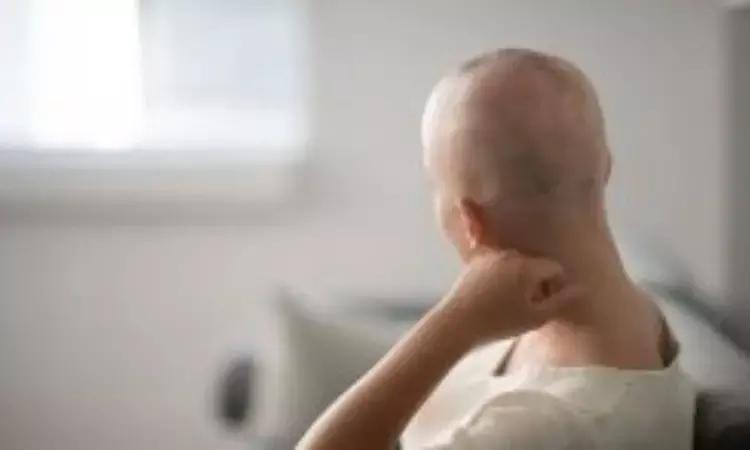South Korea: Study on Dermatological Effects in Asian Breast Cancer Patients
A recent study published in The Journal of Dermatology evaluated the effects of treatment regimens in Asian breast cancer (BC) patients.
The researchers revealed significantly increased odds of experiencing elevated hair loss, a higher melanin index, and increased wrinkles six months post-surgery in those in the adjuvant treatment group, particularly those undergoing taxane-based chemotherapy. In the neoadjuvant treatment group, the researchers observed a reversal of hair loss in most patients after the surgery.
With the increasing number of young breast cancer patients worldwide, concerns about skin change and hair loss persist among cancer survivors.
Taxanes (paclitaxel and docetaxel) are among the most commonly prescribed anticancer drugs approved for the treatment of metastatic or locally advanced breast, gastric, non-small cell lung, prostate, head and neck, and ovarian cancers, as well as in the adjuvant setting for operable node-positive breast cancers.
The true incidence of dermatological adverse events (AEs) in patients receiving taxanes is unknown and has not been prospectively analysed, but they represent one of the major AEs associated with these agents. With an increase in the occurrence of cutaneous adverse events during treatment with novel targeted and immunological therapies when used along with taxanes, it is imperative to thoroughly understand the reactions attributable to this class. Moreover, identification and management of dermatological AEs is critical for maintaining the quality of life in cancer patients and for minimizing dose modifications of their antineoplastic regimen.
Against the above background, Joonho Shim, Sungkyunkwan University School of Medicine, Seoul, Republic of Korea, and colleagues aimed to evaluate the skin changes and hair loss in Asian breast cancer patients and to compare them according to the treatment regimens.
Three hundred and twenty-two patients scheduled to undergo breast cancer surgery were enrolled. Skin changes and hair loss were assessed at the following two-time points: one day before surgery and six months after surgery.
Patients who had received systemic anticancer treatment prior to surgery were assigned to the neoadjuvant treatment group, while patients who were scheduled to receive systemic anticancer treatment were assigned to the adjuvant treatment group.
Key Findings of the Study
- In the adjuvant treatment group, patients with taxane-based chemotherapy had significantly higher odds of increased hair loss, an increased volume of wrinkles, and a higher melanin index.
- In the neoadjuvant treatment group, hair loss was reversed in most patients at six months after surgery.
"Clinicians should inform breast cancer patients about the potential for hair loss and skin changes and provide supportive care to mitigate the effects on the patient’s quality of life," the researchers concluded.
Reference
Shim, J., Noh, H., Kim, H., Joo, B., Lee, J., Oh, S. J., Lee, J. H., Lee, D., Lee, S. K., & Park, J. Assessment of hair loss and skin changes during treatment in Asian breast cancer patients: A prospective cohort study. The Journal of Dermatology. https://doi.org/10.1111/1346-8138.17092



0 Comments
Post a comment
No comments yet. Be the first to comment!